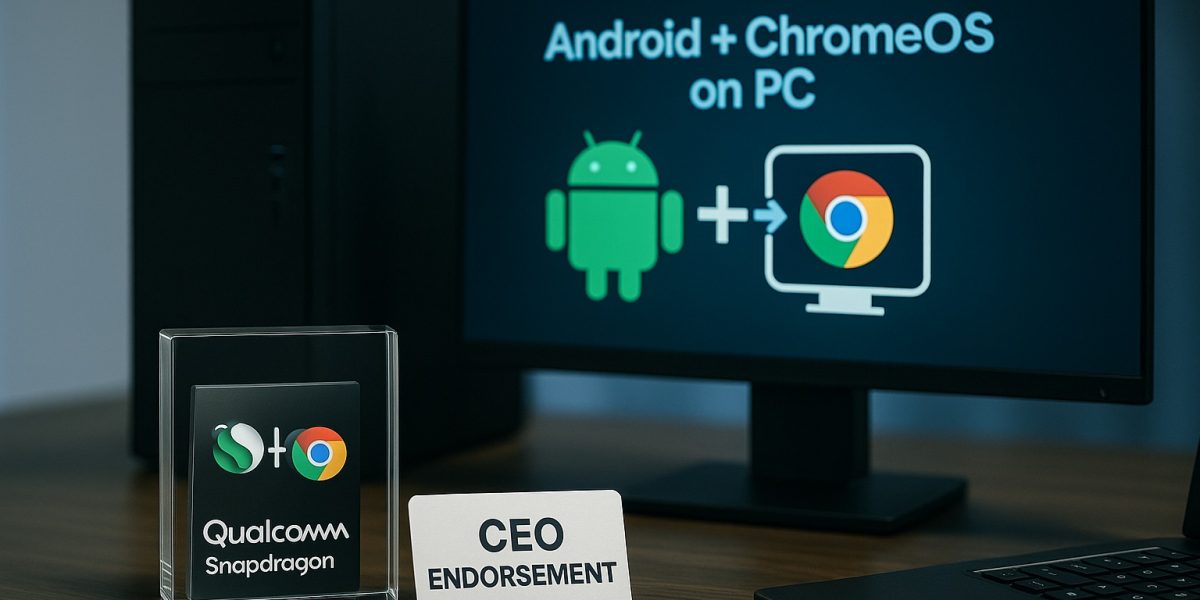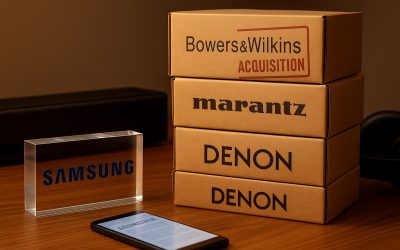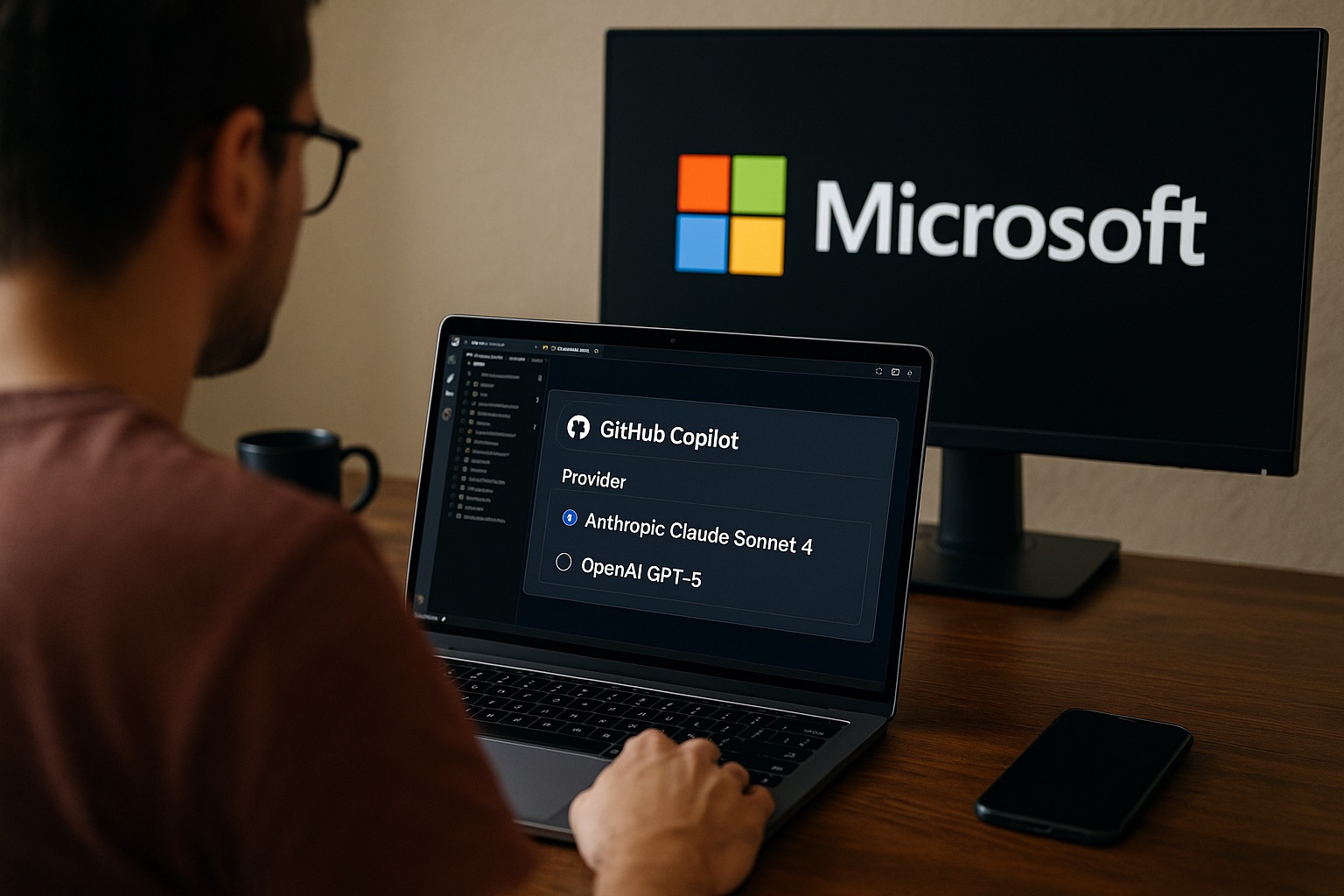Google keeps dropping hints about bringing Android to PCs by merging it with ChromeOS, and now Qualcomm’s CEO is backing up those rumors with some serious enthusiasm. Cristiano Amon says he’s actually seen the software in action, and his reaction? “I can’t wait to have one.”
This endorsement came during Qualcomm’s Snapdragon Summit, where Amon shared the stage with Google’s Rick Osterloh to discuss their future collaboration plans. The timing feels significant – right before Qualcomm reveals their new Snapdragon 8 Elite Gen 5 chipset.
The conversation revealed more concrete details about what Google has planned for this platform merger.
What Google’s Building
Rick Osterloh confirmed Google is working on something that sounds pretty ambitious: “We are building together a common technical foundation for our products on PCs and desktop computing systems.”
The plan involves bringing the full Android experience to PCs, including:
- Gemini integration
- Complete Android AI stack
- All Google applications
- The entire Android developer community
“I think this is another way in which Android is gonna be able to serve everyone in every computing category,” Osterloh explained.
Why This Matters
Right now, we live in a world where your phone and computer run completely different operating systems. Google wants to change that by creating one platform that works across both devices.
Think about it – your Android phone already does most of what you need a computer for. Having the same apps, the same interface, and the same capabilities across both devices could eliminate a lot of the friction we deal with when switching between phone and PC.
The Qualcomm partnership makes sense here. Their chips already power many Android phones, and they’re making serious moves into PC processors. A unified platform benefits both companies.
Timeline and Previous Hints
This isn’t the first time we’ve heard about Google’s plans. Back in July, Android head Sameer Samat confirmed Google is “combining ChromeOS and Android into a single platform.” That followed work last year on developing ChromeOS using parts of the Android stack.
The progression shows Google has been methodically working toward this merger rather than rushing into it. Having Qualcomm’s CEO publicly endorse what he’s seen suggests the project has reached a pretty mature stage.
The Bigger Picture
Google’s approach could fundamentally change how we think about computing devices. Instead of having separate ecosystems for phones and computers, you’d have one unified experience that follows you across all your devices.
This puts Google in direct competition with Apple’s ecosystem approach, but with a twist – Android’s openness means other manufacturers could build devices around this unified platform, not just Google.
The real test will be execution. Merging two operating systems while keeping the best parts of both is no small technical challenge. But with endorsements like Amon’s and Google’s methodical approach, this merger is starting to look less like a pipe dream and more like an inevitable next step for Android.




Post a comment